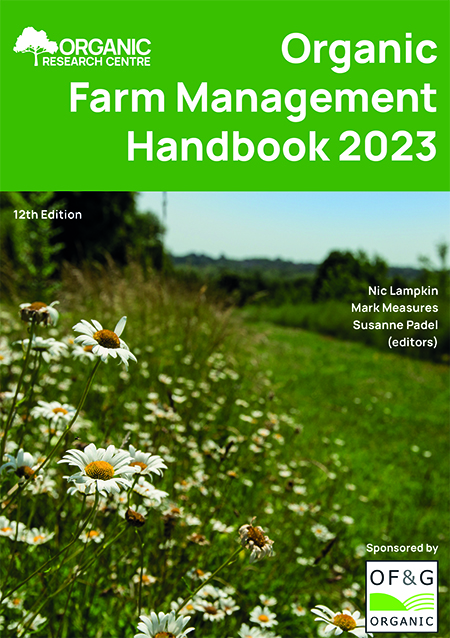Organic farm management
Most farmers and growers find managing an organic system immensely rewarding. But how do you make it work? What techniques make sense?
Organic farming is a system that is dependant on skilled management – use of legumes, recycling of nutrients, clean grazing for intestinal worm control, encouraging pest predators, crop and animal selection and breeding and careful timing of cultivations to avoid weeds – rather than the use of inputs of fertilisers, herbicides, pesticides and veterinary medicines.
Diversity is a characteristic of organic farms and some are taking this another step by adopting agroforestry methods.
The results are impressive in terms of delivering the broad spectrum of public goods, which are required of all farms in the new Defra Environmental Land Management Scheme, along with quality food and a profitable business.
Organic management is not necessarily more difficult, but it certainly requires a high standard of management and the use of many techniques that are not usually used in conventional farming. In particular, producing intensive and field scale organic vegetables demands precise use of some specific and sometimes very advanced weed control machinery, such as the camera guided inter row and in-row hoes.
Soil management is central to organic farming, understanding your soil through digging, observation and analysis is an essential start to stimulating soil biological activity and ensuring that there are no underlying nutrient deficiencies which might need the use of mineral fertilisers.
Marketing, as with any business, is critical. While some farms will focus on wholesale markets, such as the substantially undersupplied grain market, others will want to supply local markets and maybe develop their own processing and retail outlets. “Organic” provides the most effective marketing label for independently certified, legally defined quality food.
Good technical and management information is available:
- Download ORC Publications and Technical Guides
- Upcoming workshops, webinars and conferences
- Organic Farm Management Handbook. 2017 11th edition Lampkin, N., Measures, M. & Padel, S. Organic Research Centre
- Agricology – Online information including technical articles, blogs and field trials on organic and agroecological farming
Further information and advice:
Organic certification bodies provide technical information
UK Organic certification bodies:

Buy your Organic Farm
Management Handbook
The Organic Farm Management Handbook is the only source of information on the costs and performance of organic farming.
This is a ‘must have’ publication for everyone interested in the business of organic farming and growing. This edition provides technical and financial data, information on current support schemes, Brexit permitting, as well as details on organic markets.
BUY


